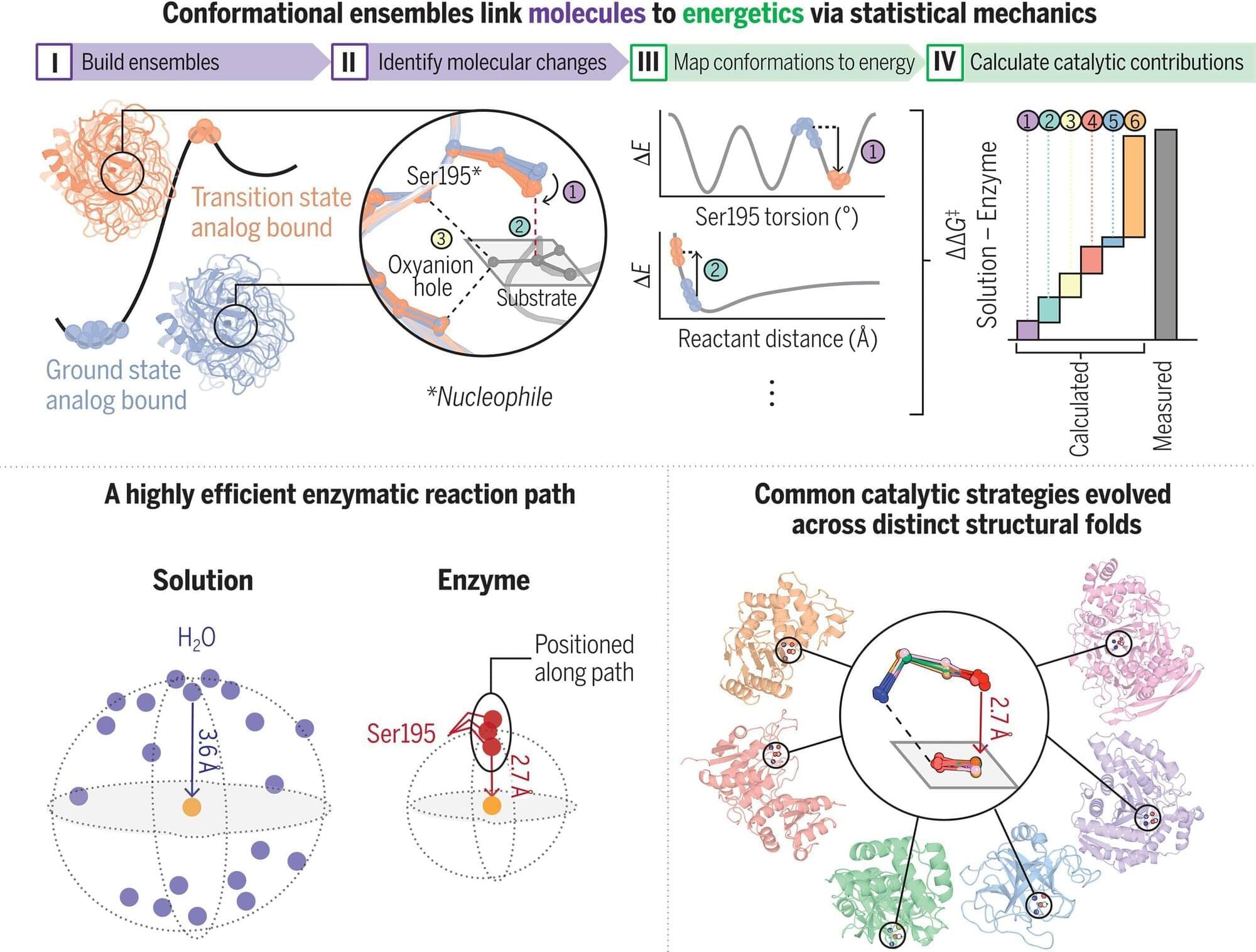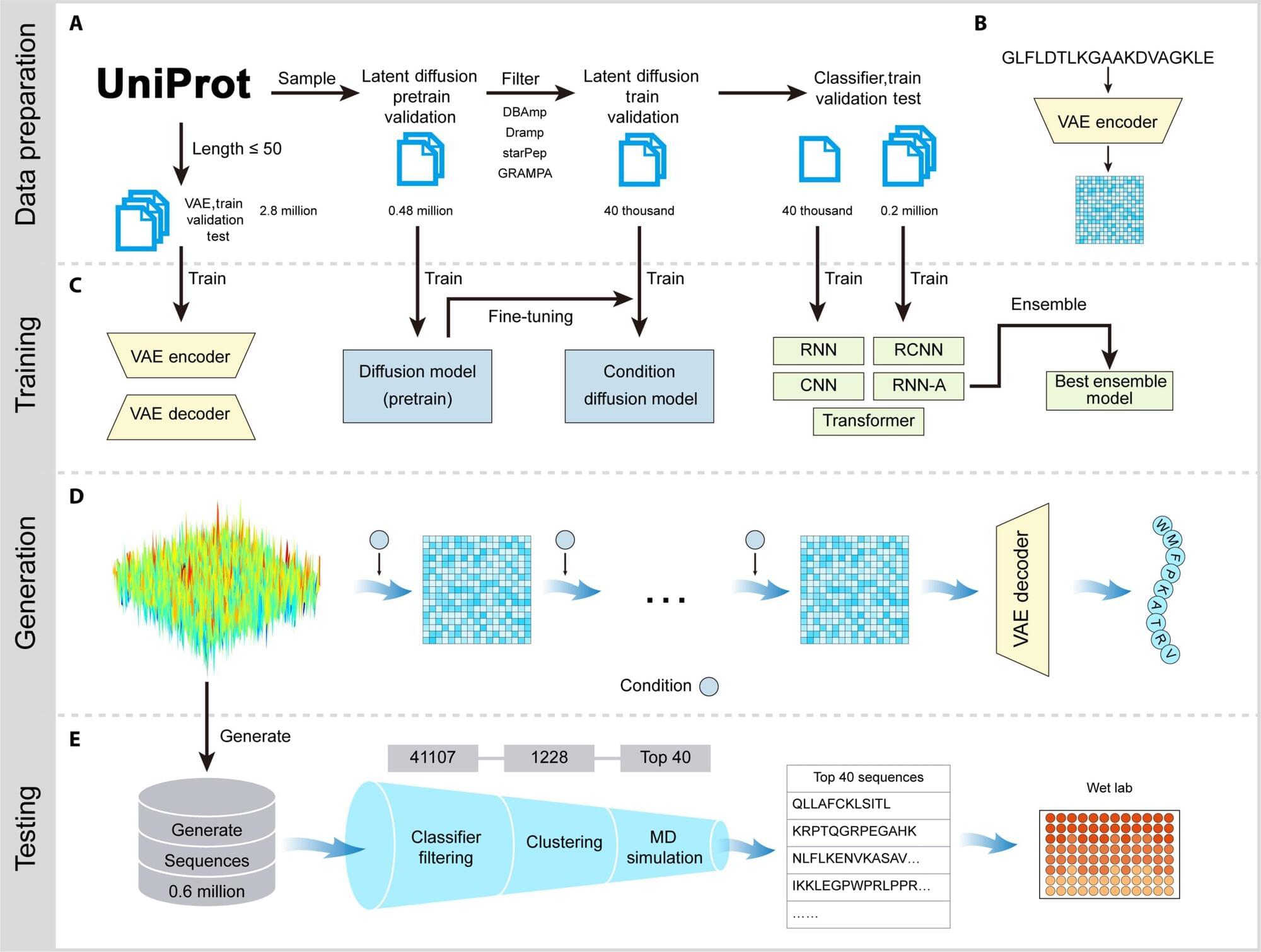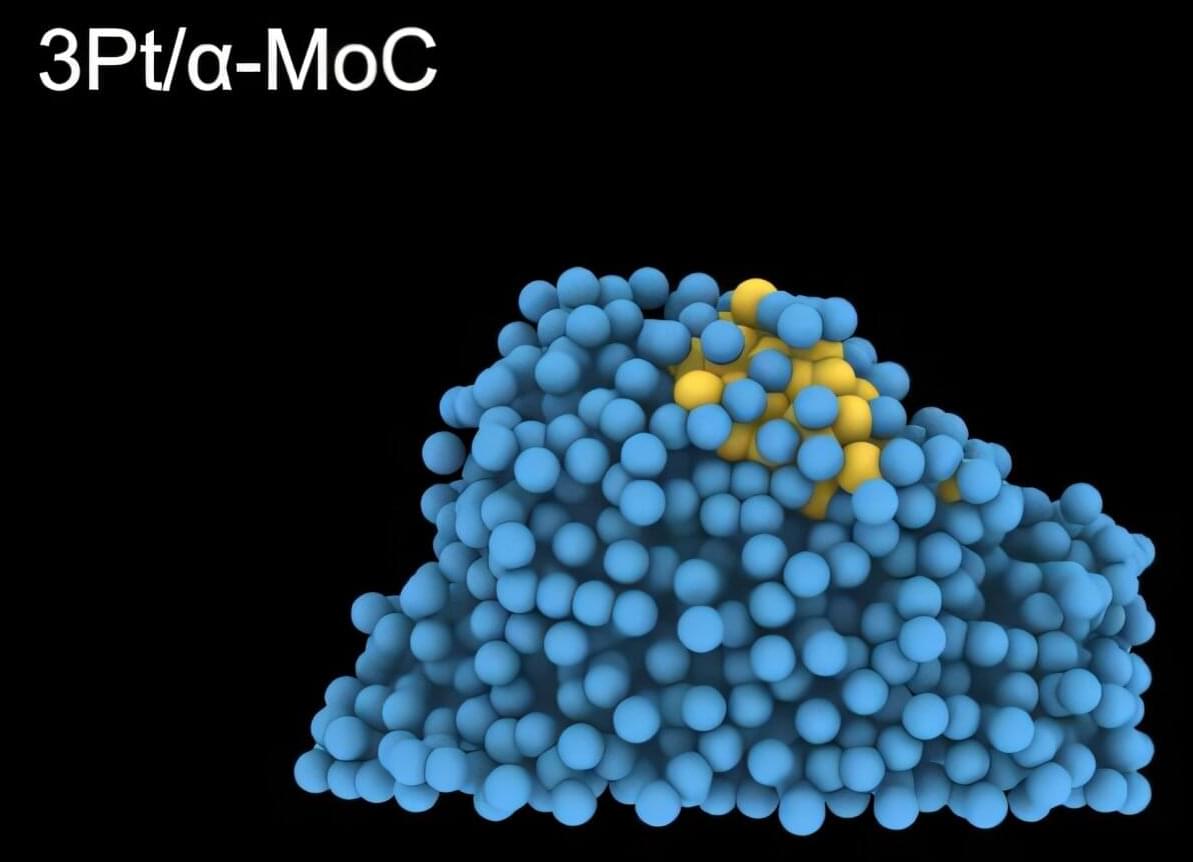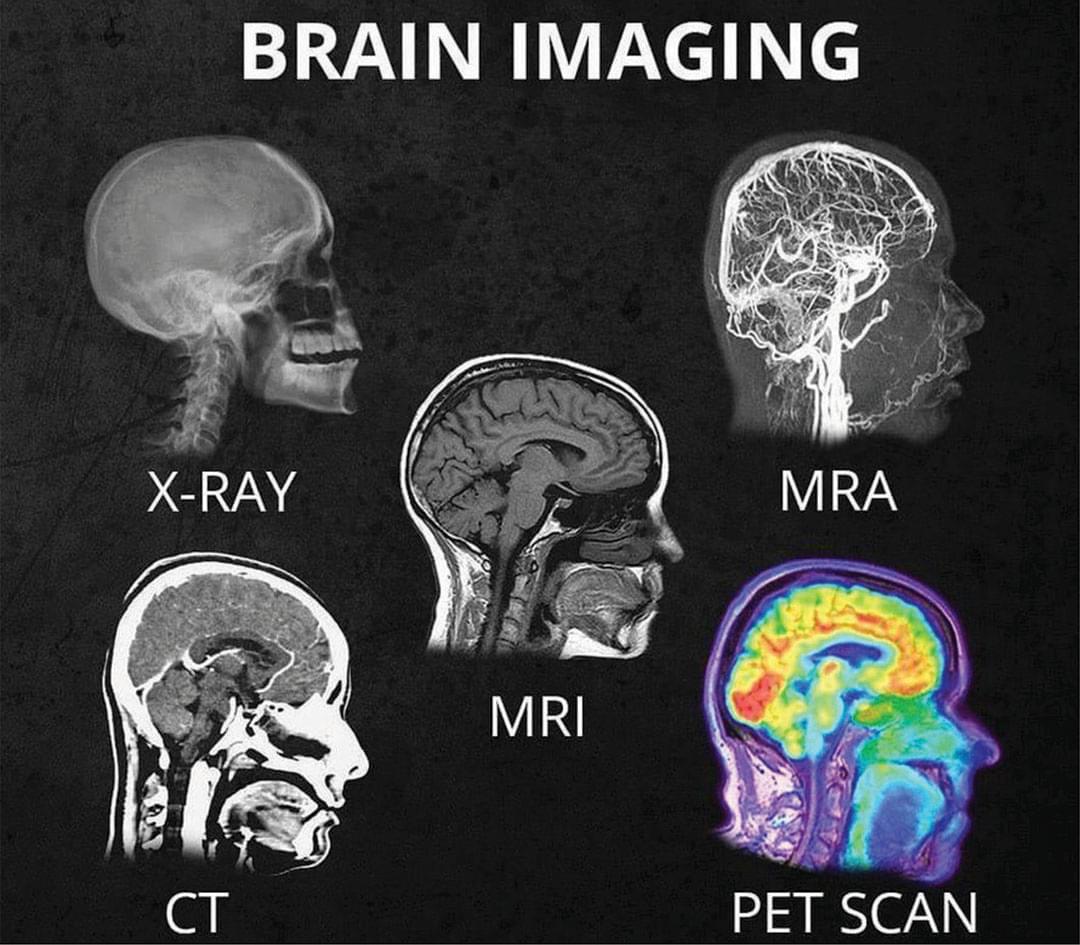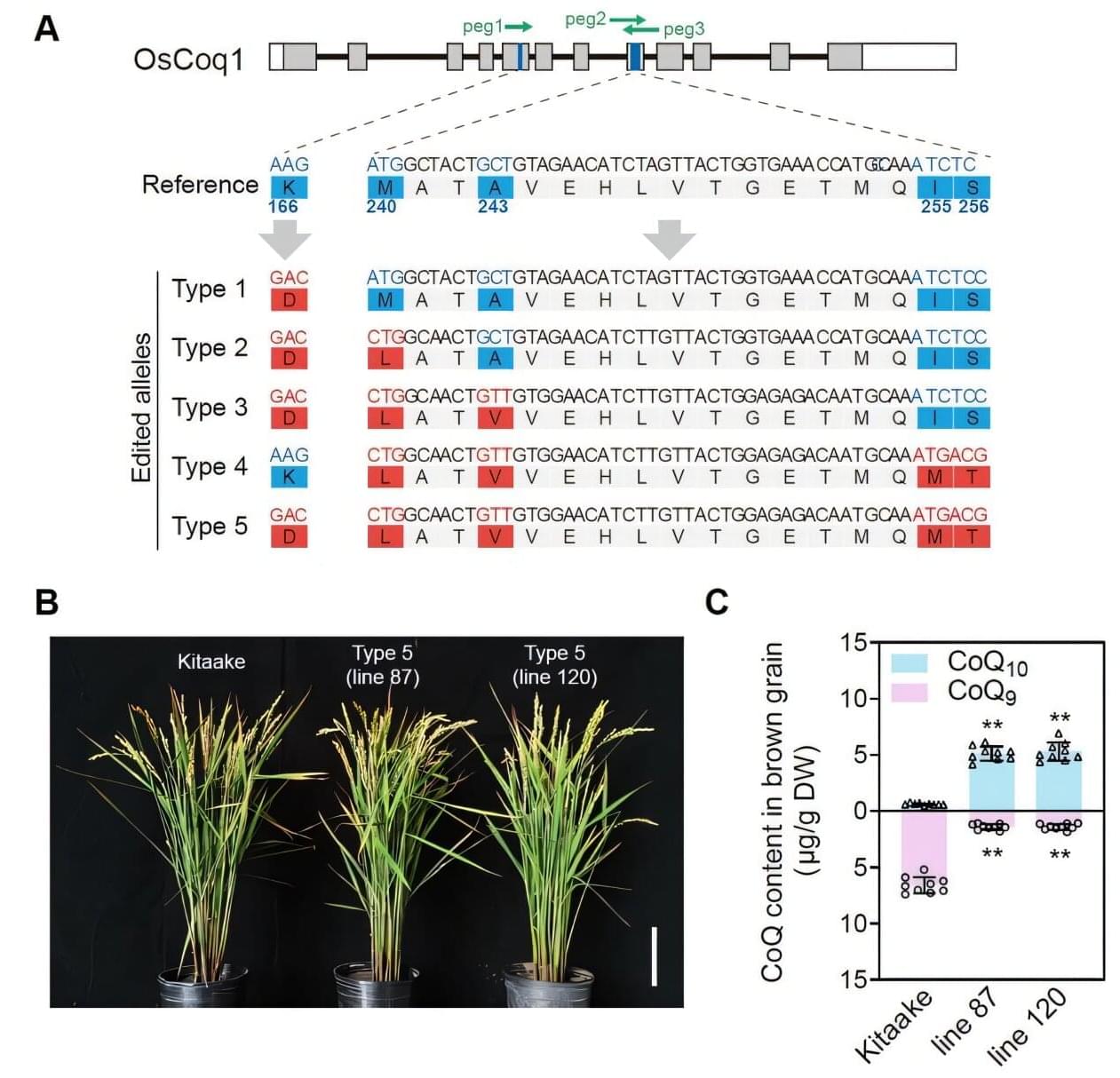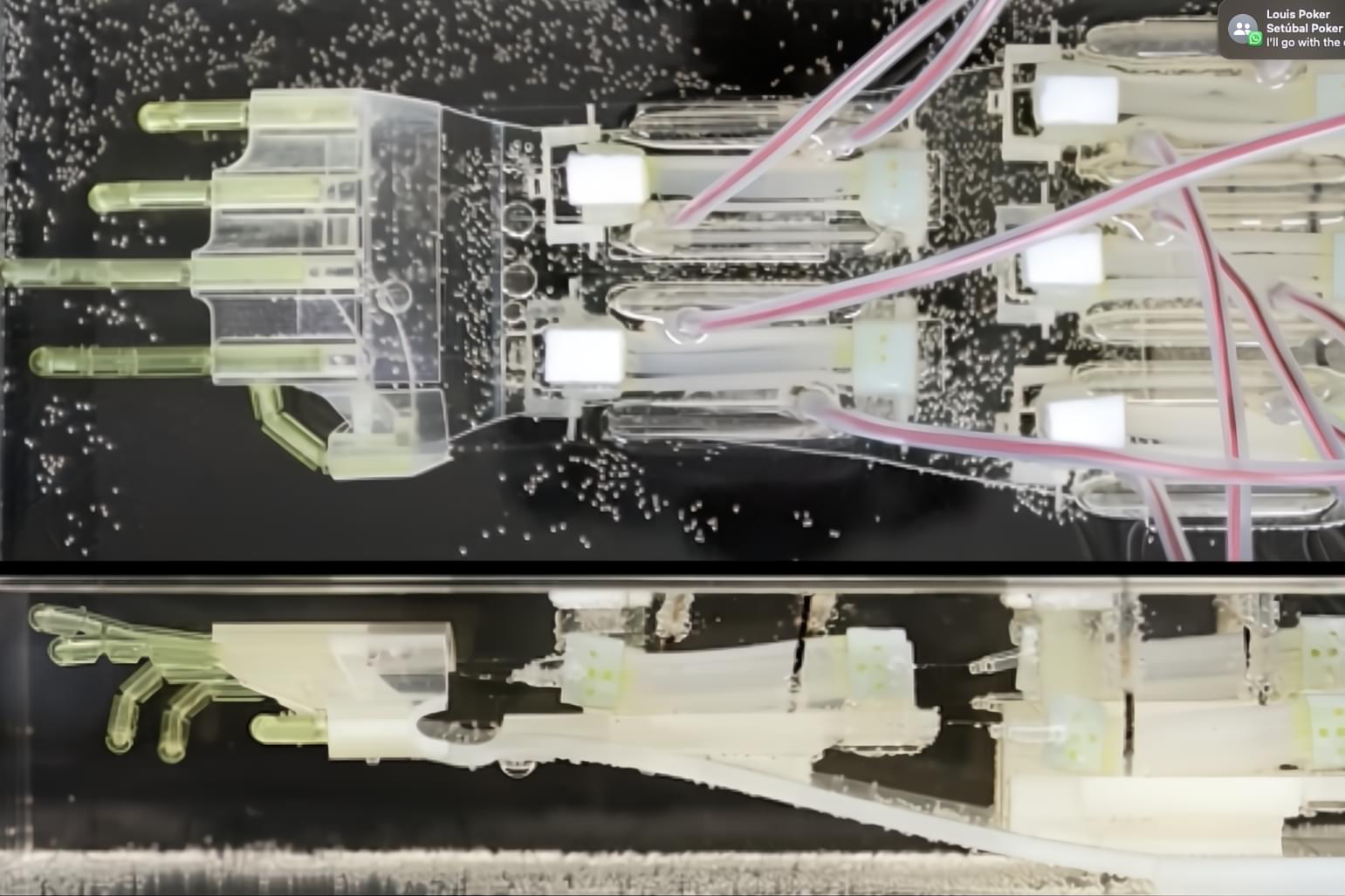Using a series of more than 1,000 X-ray snapshots of the shapeshifting of enzymes in action, researchers at Stanford University have illuminated one of the great mysteries of life—how enzymes are able to speed up life-sustaining biochemical reactions so dramatically. Their findings could impact fields ranging from basic science to drug discovery, and provoke a rethinking of how science is taught in the classroom.
“When I say enzymes speed up reactions, I mean as in a trillion-trillion times faster for some reactions,” noted senior author of the study, Dan Herschlag, professor of biochemistry in the School of Medicine. “Enzymes are really remarkable little machines, but our understanding of exactly how they work has been lacking.”
There are lots of ideas and theories that make sense, Herschlag said, but biochemists have not been able to translate those ideas into a specific understanding of the chemical and physical interactions responsible for enzymes’ enormous reaction rates. As a result, biochemists don’t have a basic understanding and, therefore, have been unable to predict enzyme rates or design new enzymes as well as nature does, an ability that would be impactful across industry and medicine.
